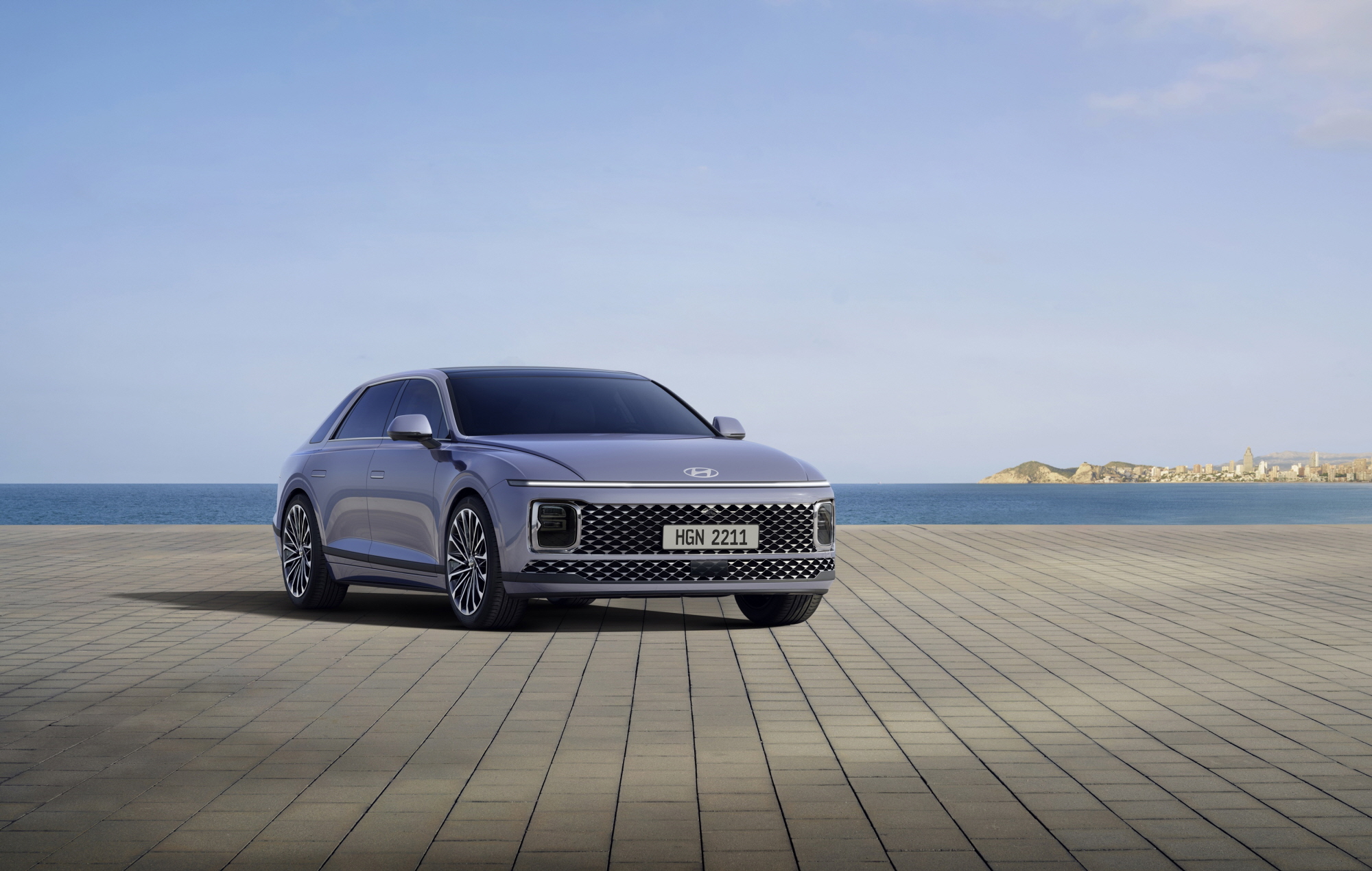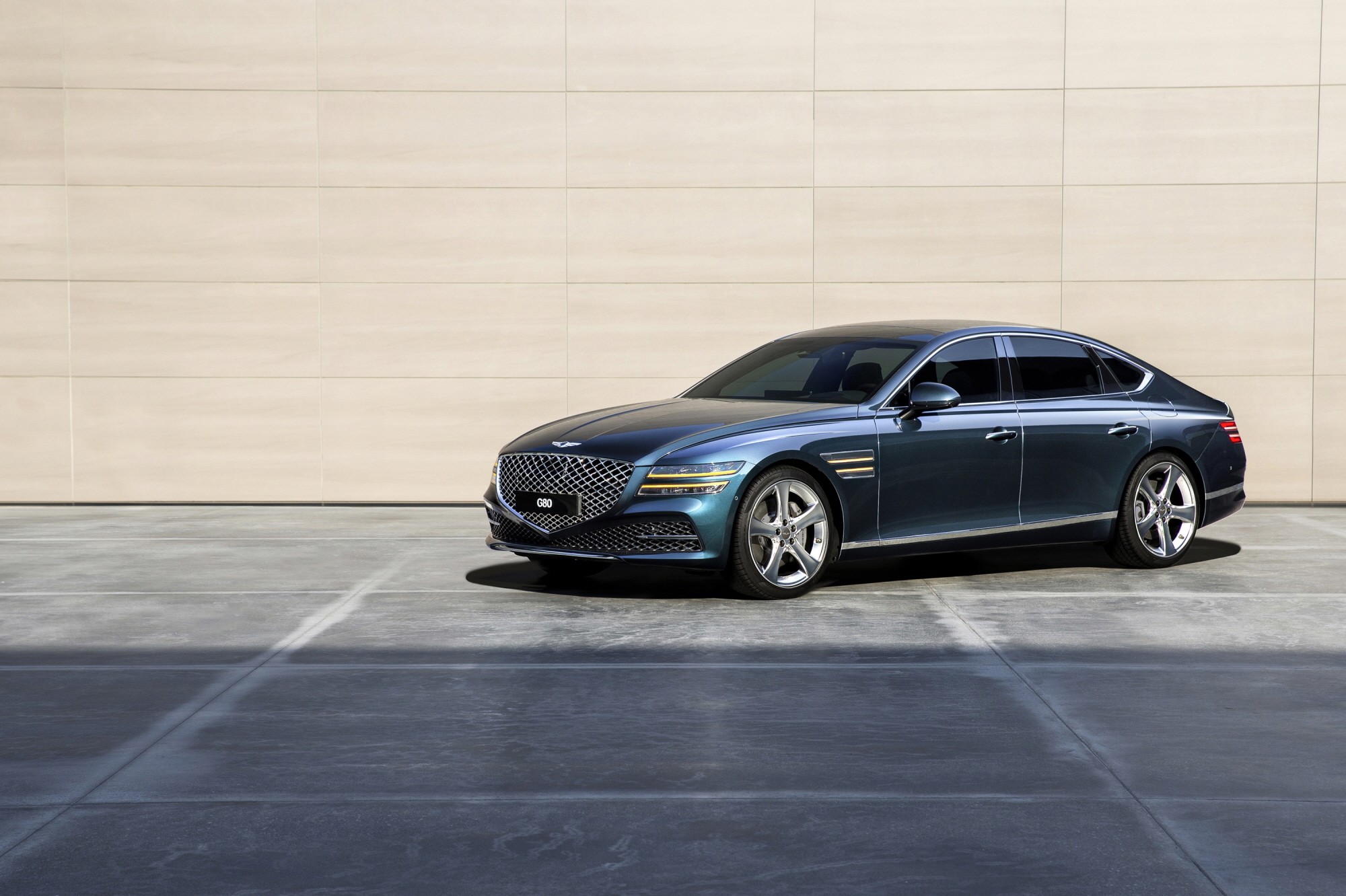
On the 26th, Hyundai Motor conducted a conference call at its headquarters in Seoul, announcing that its Q4 2022 results showed IFRS consolidated sales of 1,038,874 units, revenue of 38.5236 trillion KRW (automotive sales of 31.5854 trillion KRW, finance and other at 6.9382 trillion KRW), operating profit of 3.3592 trillion KRW, ordinary profit of 2.7386 trillion KRW, and net profit of 1.7099 trillion KRW (including non-controlling interests).
In Q4 2022, Hyundai’s sales increased compared to the same period last year, driven by improved sourcing of global vehicle semiconductors and other parts leading to a recovery in production. Operating profit expanded due to increased sales volume, a shift towards high-value models, and favorable currency effects.
A Hyundai representative stated, “As the semiconductor supply shortage situation improves, production is increasing; however, the inventory levels in major markets are still low, indicating that pent-up demand is likely to remain strong.” They also mentioned concerns about potential demand reductions due to geopolitical risks and interest rate increases, which contribute to business uncertainties.
Hyundai announced the ‘2023 annual performance guidance,’ having started to provide expanded consolidated results since last year.
For 2023, Hyundai set its annual wholesale sales target at 4.32 million units, reflecting a 10% increase from the previous year, considering global industry demand and production normalization. The target for consolidated revenue growth is set between 10.5% to 11.5%, accounting for increased sales volume due to normalizing automotive production and ongoing increases in average selling prices. The targeted consolidated operating profit margin is set between 6.5% to 7.5%.
The representative also said, “While various management uncertainties persist, we will actively work to achieve our revenue growth and operating profit margin targets by expanding the sales volume and improving the product mix focused on high-value models, supported by the improvement in operational rates and production normalization.”
In Q4 2022 (October to December), Hyundai sold 1,038,874 units in the global market, which marked an 8.1% increase compared to the same period last year. (※ Based on wholesale sales)
In the domestic market, sales increased by 3.3% year-over-year to 192,049 units, supported by strong sales of high-value models such as the newly launched 7th generation all-new Grandeur and the Genesis lineup at the end of last year. In international markets, sales grew by 9.3% year-over-year to 846,825 units, thanks to production increases due to improved parts supply and the global rollout of the Ioniq 6, emphasizing the popularity of eco-friendly vehicles.
Revenue increased by 24.2% year-over-year to 38.5236 trillion KRW. The growth in sales, improved sales mix centering on Genesis and SUVs, and favorable currency impacts contributed to this revenue growth. The average exchange rate for the Korean won against the dollar stood at 1,359 KRW, a 14.9% increase compared to the same period last year.
The cost of sales ratio recorded 79.8%, down 1.1 percentage points from the previous year, reflecting improved operational rates due to enhanced parts supply and favorable exchange rates, which contributed to the decline. Selling and administrative expenses rose due to increased marketing costs for new vehicles, but the ratio of selling and administrative expenses to revenue decreased by 2.7 percentage points from the previous year, to 11.5%.
Q4 2022 operating profit stood at 3.3592 trillion KRW, reflecting a 119.6% year-over-year increase. The operating profit margin was 8.7%.
Ordinary profit and net profit recorded 2.7386 trillion KRW and 1.7099 trillion KRW, respectively.
Meanwhile, for the cumulative performance in 2022 (January to December), the total sales were 3,942,925 units, with revenue of 142.5275 trillion KRW, and operating profit of 9.8198 trillion KRW.
Looking towards the future, Hyundai expects production expansion due to improved operational rates. However, they anticipate continued global uncertainties due to geopolitical tensions, inflation, and demand waning due to interest rate hikes. The company sees currency volatility and rising marketing costs due to intensified competition among firms as burdens on its operations.
The global automotive market is expected to continue its strong growth in the eco-friendly vehicle sector, propelled by stricter environmental regulations in major countries, increased investments in eco-friendly infrastructure, and a growing preference for eco-friendly vehicles.
In this context, Hyundai aims to expand electric vehicle sales through the global rollout of the ‘Ioniq 6’, launch the ‘Ioniq 5 N’ and ‘all-new Kona EV’, optimize manufacturing and sales processes for maximum sales, and focus on improving market share and defending profitability through a mix improvement centered on high-value models, including the global launch of the 5th generation fully revamped Santa Fe.
Hyundai provided its 2023 consolidated annual performance guidance and announced investment plans. The company plans to invest a total of 10.5 trillion KRW this year, which includes 4.2 trillion KRW for R&D, 5.6 trillion KRW for facility investments (CAPEX), and 700 billion KRW for strategic investments, to increase the number of production models, further the Georgia plant’s establishment, and secure ongoing technological advancements for the future.
Reflecting its strong performance, Hyundai decided to increase the year-end dividend for 2022 by 50% compared to the previous year, setting it at 6,000 KRW per share. This results in a total annual dividend of 7,000 KRW per share, including the interim dividend of 1,000 KRW, the highest in the company’s history.
To enhance shareholder value and trust, Hyundai decided to retire shares equivalent to 1% of the total outstanding shares from its treasury stock. A representative stated, “Hyundai will continue to actively consider and implement various shareholder return policies to enhance shareholder value in the future.”

Lee Sang-jin daedusj@autodiary.kr

